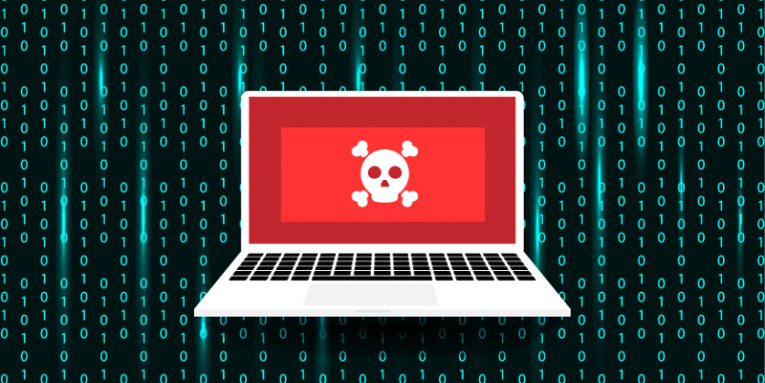Totalsystematicpcanalytic.info Displays Fake Virus Warnings to Scare Visitors

Totalsystematicpcanalytic.info is an illegitimate website created to promote fraudulent activities and send unwanted browser notifications, which can also redirect users to other potentially unreliable or harmful websites.
Most users end up on pages like totalsystematicpcanalytic.info through redirects initiated by websites that employ deceptive advertising networks. Our research team came across the totalsystematicpcanalytic.info website during our routine investigations of websites associated with such networks.
It's important to note that the content displayed on these rogue websites can vary depending on the visitor's IP address, which corresponds to their geographical location.
At the time of our investigation, totalsystematicpcanalytic.info was running a scam claiming the user's PC is infected with 5 viruses. This scam involved a simulated system scan and threat reports that pretended to be from a legitimate antivirus software.
It's crucial to emphasize that all the claims presented by this content are entirely false and have no affiliation with the genuine antivirus product spoofed by the misleading page. In reality, no website can detect threats present on visitors' devices, so any website making such assertions is running a scam. Typically, schemes of this nature aim to promote fake and harmful software.
Additionally, totalsystematicpcanalytic.info requested visitors to enable browser notifications. Rogue websites exploit these notifications to launch intrusive advertising campaigns. The advertisements primarily endorse various scams, unreliable or hazardous software, and potential malware.
Why Do Misleading Sites Use Fake Virus Warnings to Scare Visitors?
Misleading websites use fake virus warnings to scare visitors for several reasons:
- Fear Tactic: Scare tactics are highly effective in manipulating people. By displaying fake virus warnings with alarming messages, these websites create a sense of urgency and fear in visitors. This fear can prompt quick and impulsive actions, such as downloading supposed "security" software or clicking on provided links.
- Impersonation of Legitimate Brands: Many of these fake warnings mimic the branding and appearance of well-known antivirus or tech companies, such as Microsoft, McAfee, or Norton. This impersonation adds credibility to the scam and makes visitors more likely to trust the warnings.
- Sense of Authority: Fake virus warnings often claim to have detected multiple threats on the visitor's device, creating a sense of authority. Visitors may believe that the website has sophisticated scanning capabilities and is genuinely looking out for their security.
- Manipulating User Behavior: These warnings typically instruct users to take immediate action, such as clicking on a provided link to scan their device or download a security tool. This manipulation guides visitors into following the scammers' instructions, which can lead to the installation of malicious software or the sharing of personal information.
- Monetary Gain: The ultimate goal of these misleading sites is financial gain. They may offer to sell a fake antivirus program, request payment for "cleaning" the detected threats, or lead visitors to advertisements and affiliate links that generate revenue for the scammers.
- Data Collection: Some of these websites may aim to collect sensitive information, such as credit card details or login credentials, under the guise of providing security solutions or assistance with removing threats.
- Spreading Malware: In some cases, these sites may distribute actual malware or ransomware. Visitors who believe their devices are infected may unknowingly download and execute malicious software, leading to further harm.
- Traffic and Ad Revenue: Redirecting users to other websites or generating large amounts of traffic can help these sites earn money through advertising revenue. Scaring visitors into clicking on links or pop-up ads is a common tactic.








